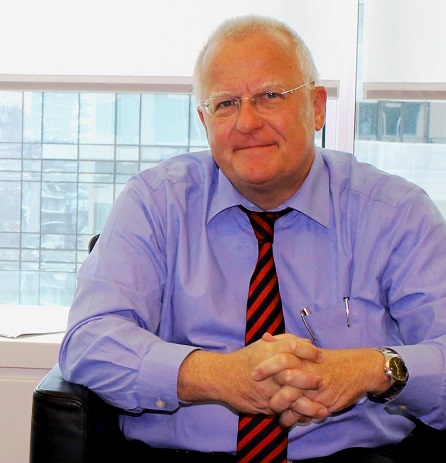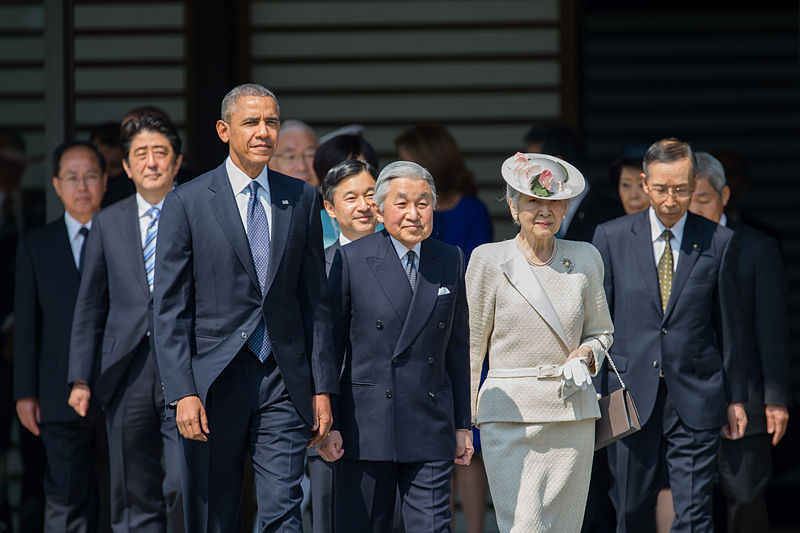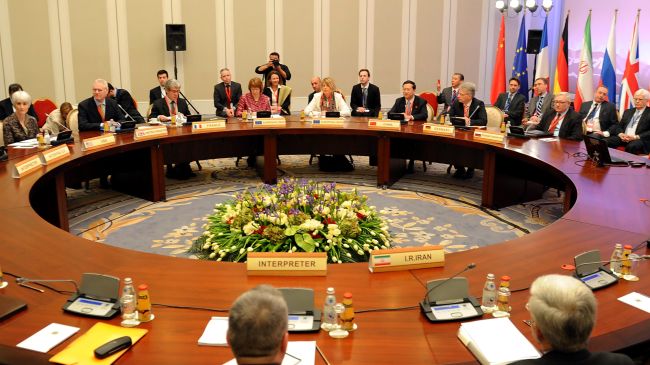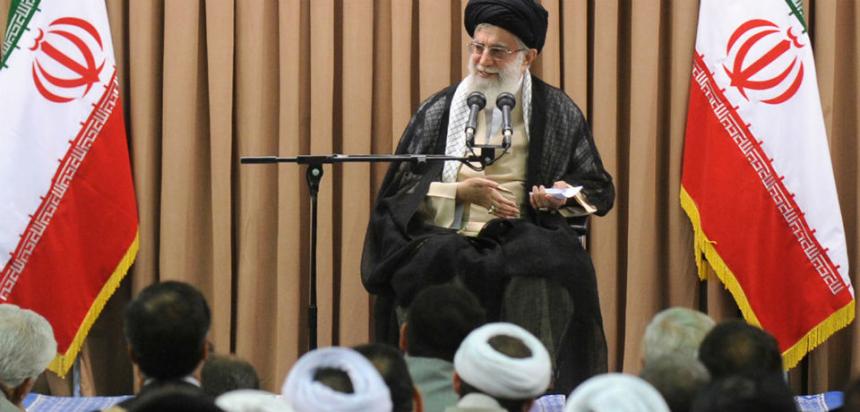Peter Fahrenholtz currently serves as Germany’s Consul General in Toronto during an important time in the history of Canadian-German relations. Since joining the German diplomatic service in 1986, Consul General Fahrenholtz has extensively contributed to policy and diplomacy concerning bilateral relations, development, and crisis management. Consul General Fahrenholtz brings with him extensive experience in diplomacy, which he gained by leading numerous German missions throughout his career. Since 1988, Consul General Fahrenholtz has served in various locations, including the German Consulate General in Japan (1991-1995), the German Embassy in Iran (1997-2001), the German Consulate General in Mumbai/India (2004-2006), and the German Embassy in Ethiopia (2006-2009).
His career has also featured senior roles, including Head of Legal and Consular Department in the German Embassy in Iran (1997-2001), Deputy Head of the Crisis Response Centre in the German Federal Foreign Office in Berlin (2001-2004), Head of Division West and Central Africa in the German Federal Foreign Office in Berlin (2009-2012), and the German Ambassador to Rwanda (2012-2016) before serving as Consul General in Toronto.
Peter Fahrenholtz studied Economics and Japanology at the University of Göttingen in Germany; he is married and has five children.
Audio Player
Interview Questions:
Question 1: Consul General Peter Fahrenholtz, your extensive career in international diplomacy began in Romania in December of 1989, and you have had previous postings in places such as Japan, Iran, India, and Rwanda, to name only a few. What are some of the highlights of your previous and ongoing career? What are some important geopolitical matters that you have confronted over the past decades as a diplomat? – 1:06
Question 2: How would you characterize the current state of Canada-Germany relations? What are some similarities we share and differences we embrace as two multicultural nations? – 3:45
Question 3: Germany had the unique experience of being forcefully divided into two different states, but achieved unification in less than a half century. As a German citizen who witnessed both the separation and the eventual unification, how did you perceive this historical moment? Were you expecting the German unification to occur at that time, or did it happen as a surprise? – 5:37
Question 4: Many international communities and peoples alike are concerned over the nuclear threat posed by the Democratic People’s Republic of Korea (Or North Korea). What are Germany’s relations with North Korea, and how does Germany perceive recent developments? – 8:50
Question 5: Many suggest that Korea could benefit from the experience of German re-unification. What would be your suggestion to the Republic of Korea (or South Korea), and to those who are involved regarding the unification of the Korean peninsula from the German experience? What lessons should we learn from re-unification of Germany? – 10:40
Question 6: How did Germany overcome cultural, political, and social differences between East and West after re-unification? How did German citizens unify? – 12:45
Question 7: Germany had a turbulent history in the 20th century, especially concerning Germany’s neighbours. How did Germany overcome any historical disputes and tensions with its neighbouring nations? – 15:34
Question 8: Germany is one of the biggest contributors to NATO. In your opinion, do you think NATO has a role in stabilizing developing tensions in the Asia-Pacific region? For example, territorial disputes in the South China Sea and the North Korean nuclear development. – 18:56
Question 9: As Canada and Germany enjoy close and friendly relations, evident in our active cooperation on the international stage, do you feel that Canadians possess an adequate understanding of the uniqueness of German culture and regional dynamics? Or do we still have much to learn? – 21:34
Question 10: Are there any further remarks the Consul General would like to mention? – 24:38
—
Special thanks to Frederic Erdt, Tanja Matuszis, and Lutz S. Kohne of the Consulate General of the Federal Republic of Germany in Toronto for their efforts in making this interview possible.
Photo: Consul General Peter Fahrenholtz, courtesy of the Consulate General of the Federal Republic of Germany in Toronto.
Disclaimer: Any views or opinions expressed in articles are solely those of the authors’ and do not necessarily represent the views of the NATO Association of Canada.




